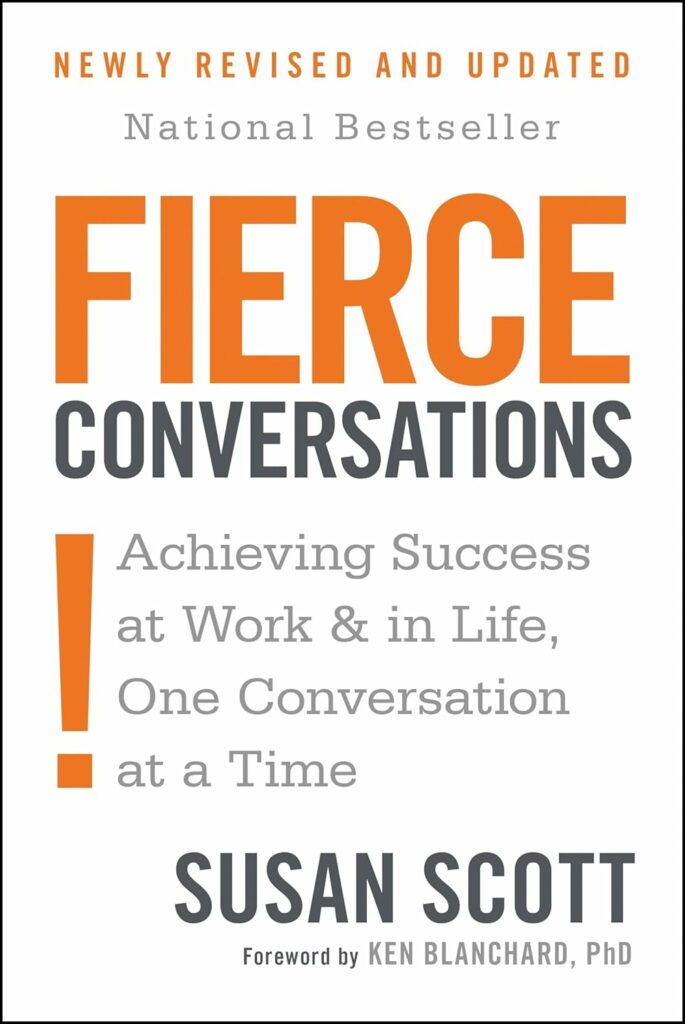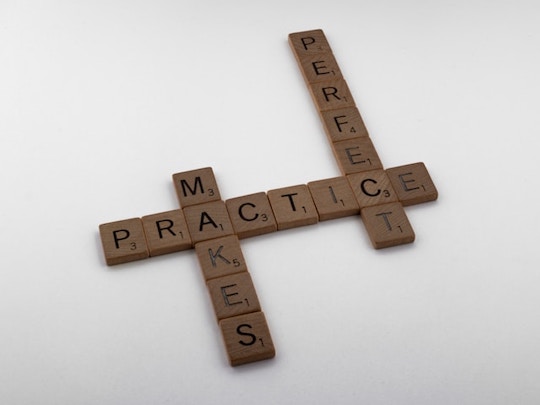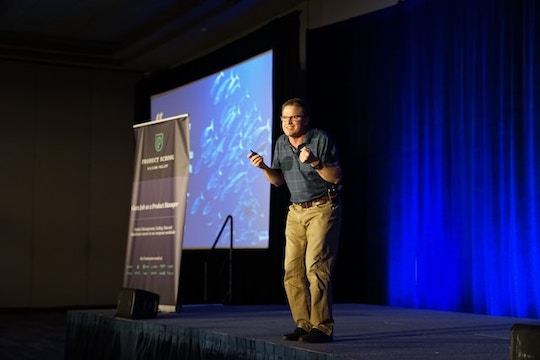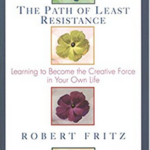Honor those around you by managing and communicating your expectations so that no one gets upset.
—Calm App Reflection
Clear communication is a powerful act of respect. Today’s quote reminds us that misunderstandings often arise from unspoken assumptions.
When we take time to clarify what we expect — whether at work, home, or with friends — we show consideration for others’ feelings and time.
This proactive approach helps prevent frustration and disappointment, fostering trust and harmony in our relationships.
Honoring others isn’t just about grand gestures — it’s about the everyday courtesy of being open and honest.
By managing and sharing our expectations, we create an environment in which everyone feels valued, respected, and empowered to be and do their best.
EXERCISE:
In what areas of your life can you do a better job managing and communicating your expectations to avoid misunderstandings and upsets?












